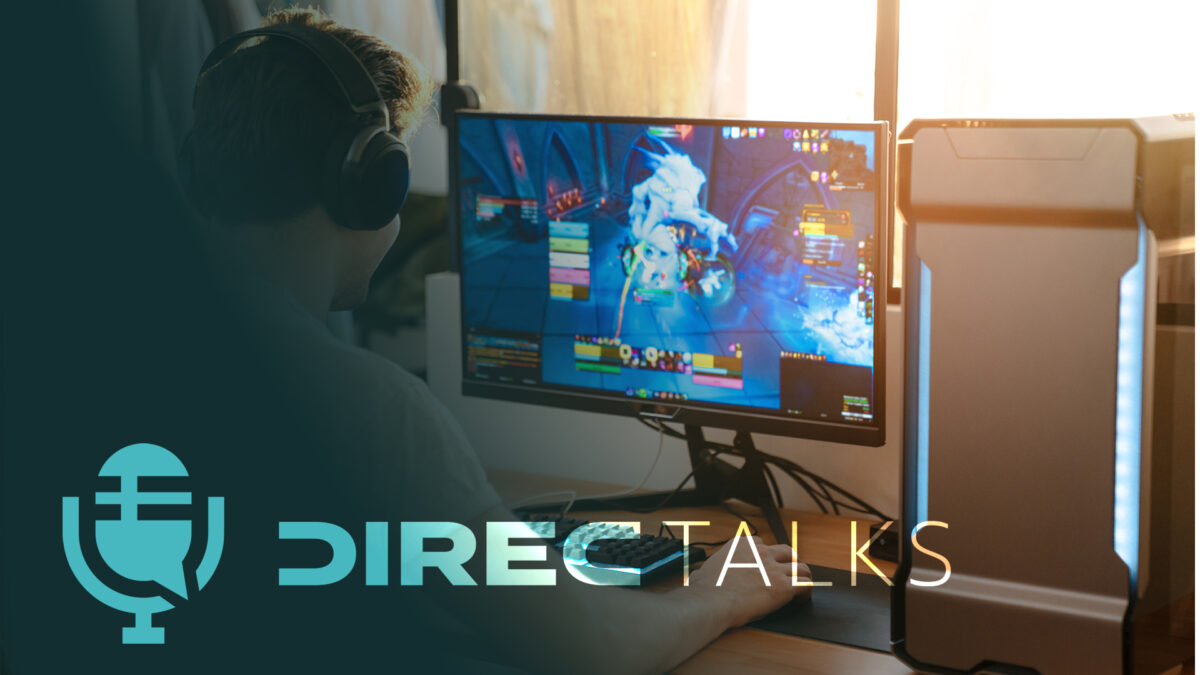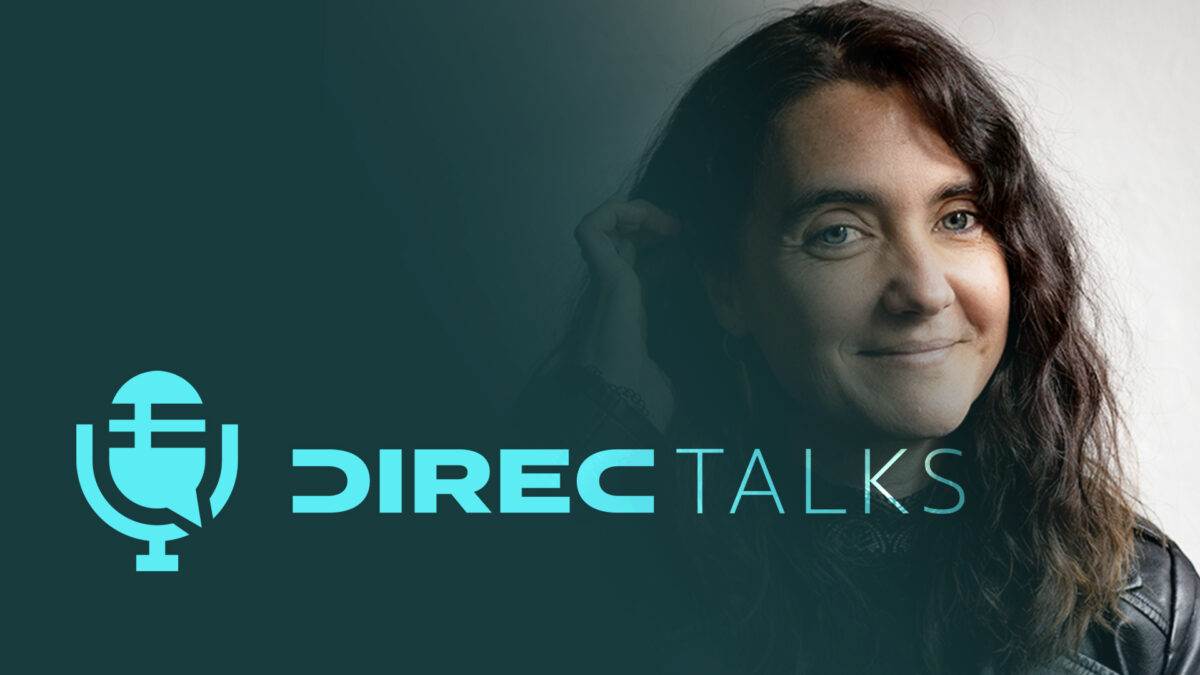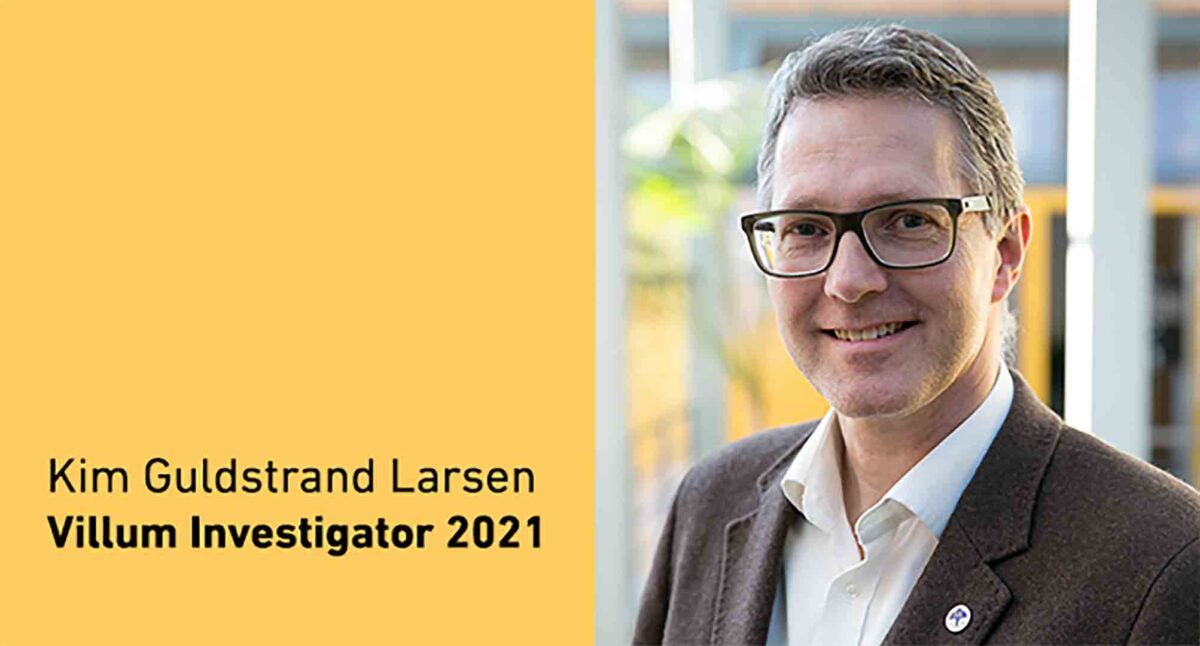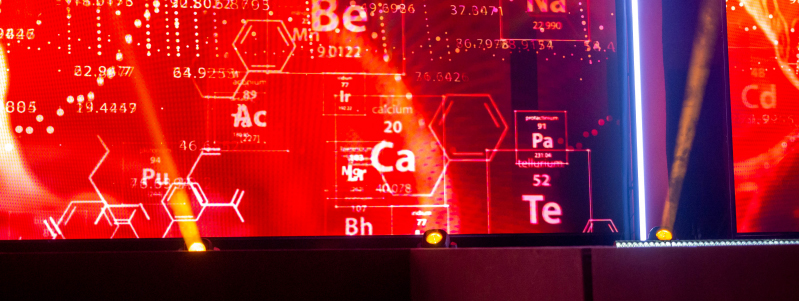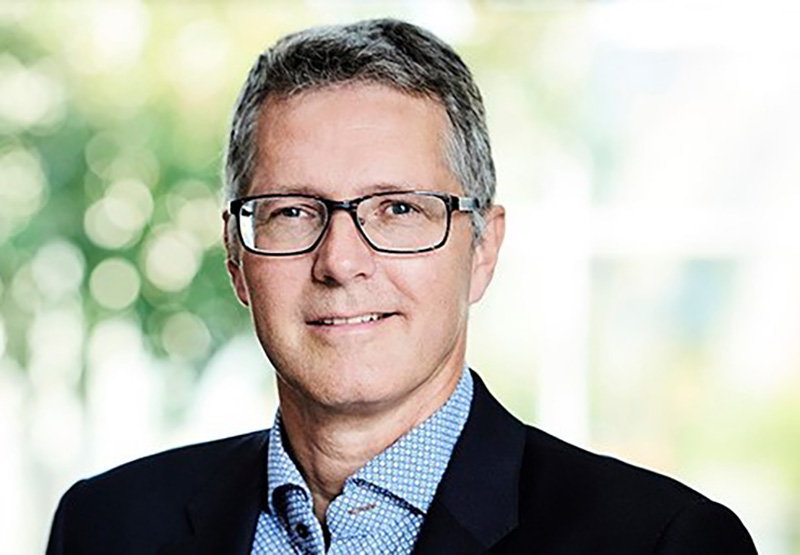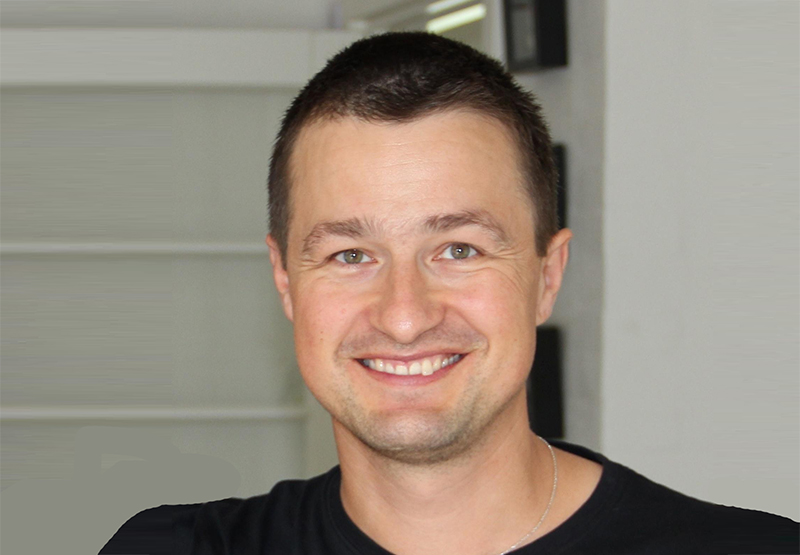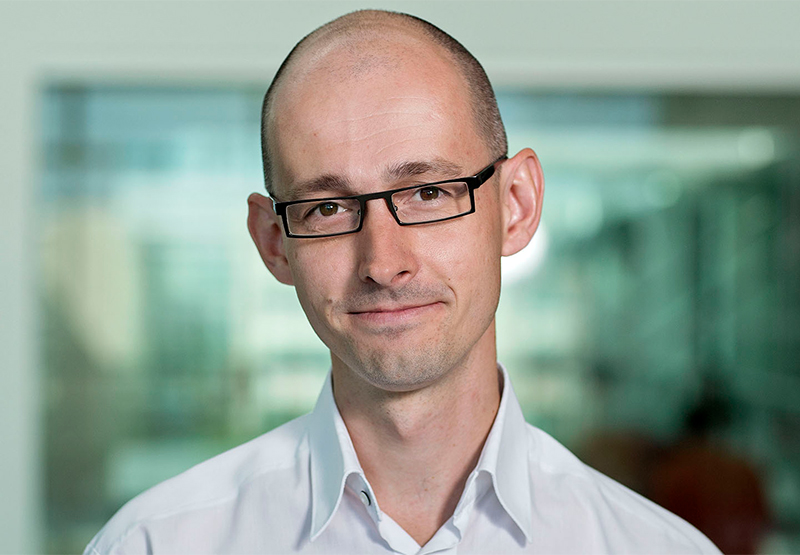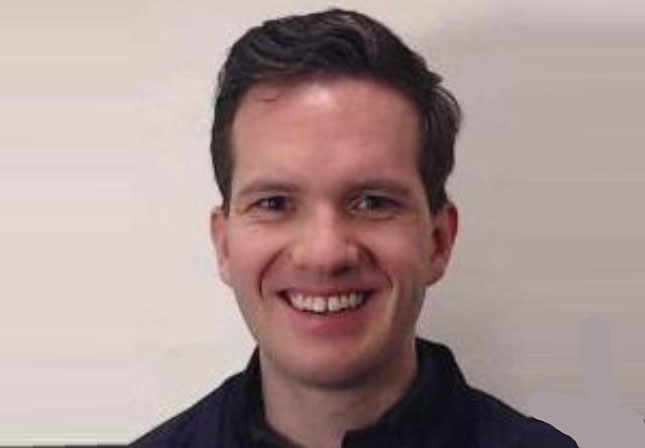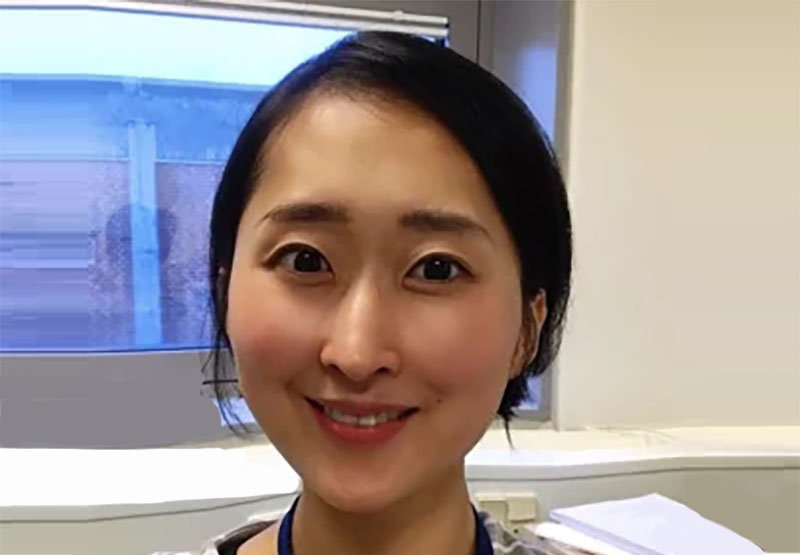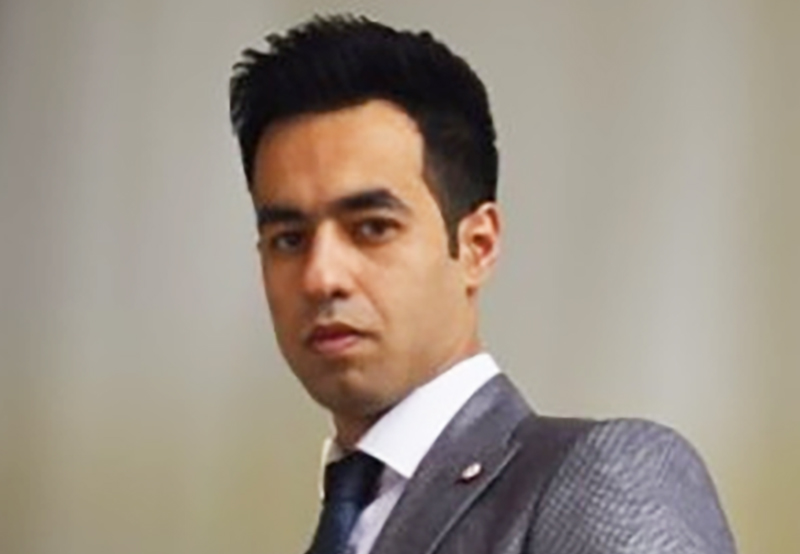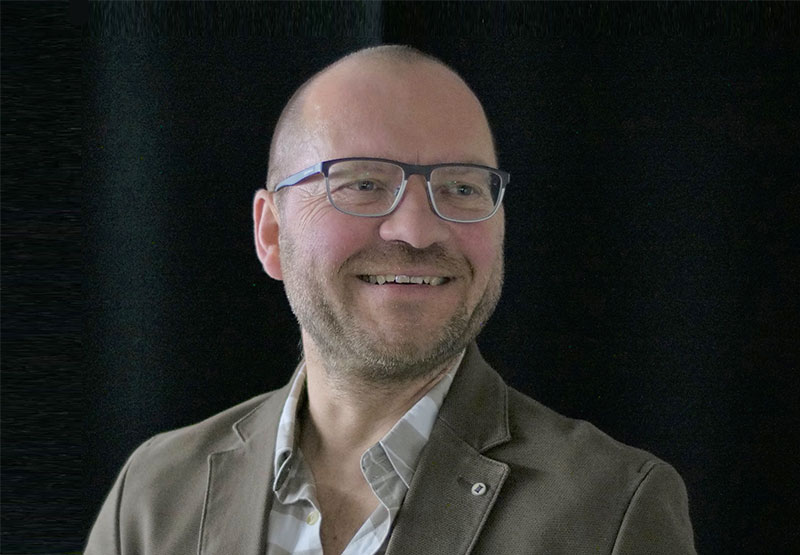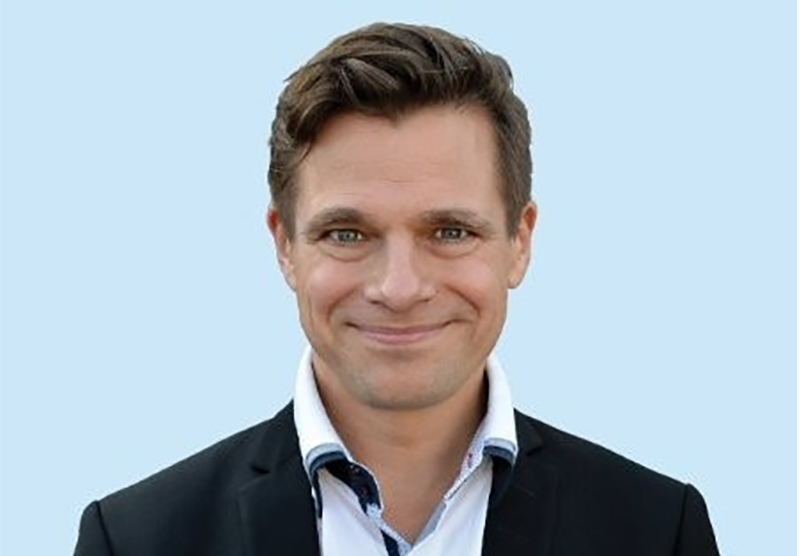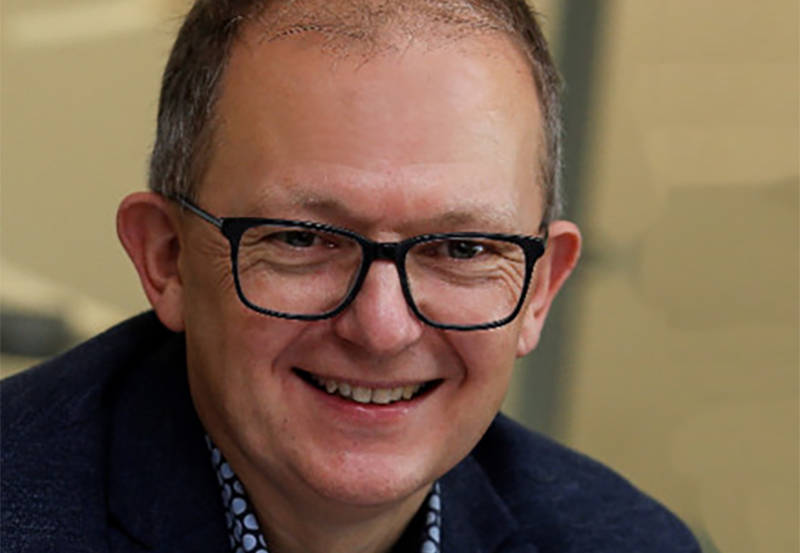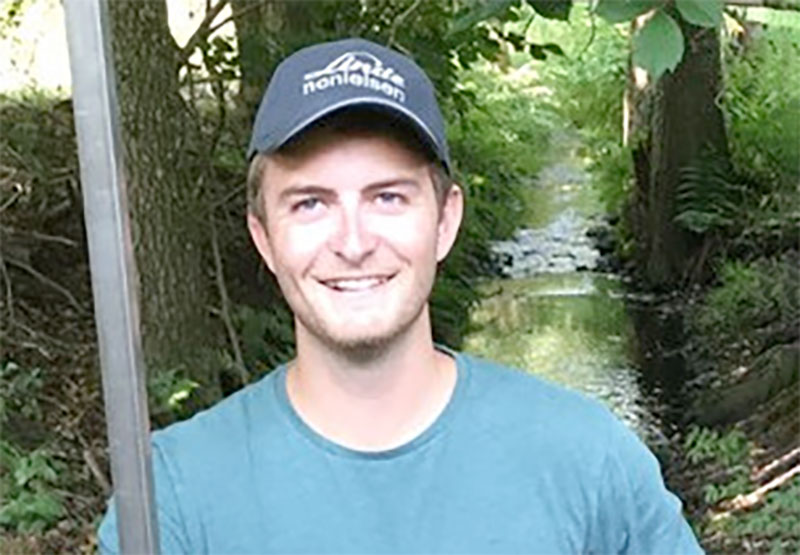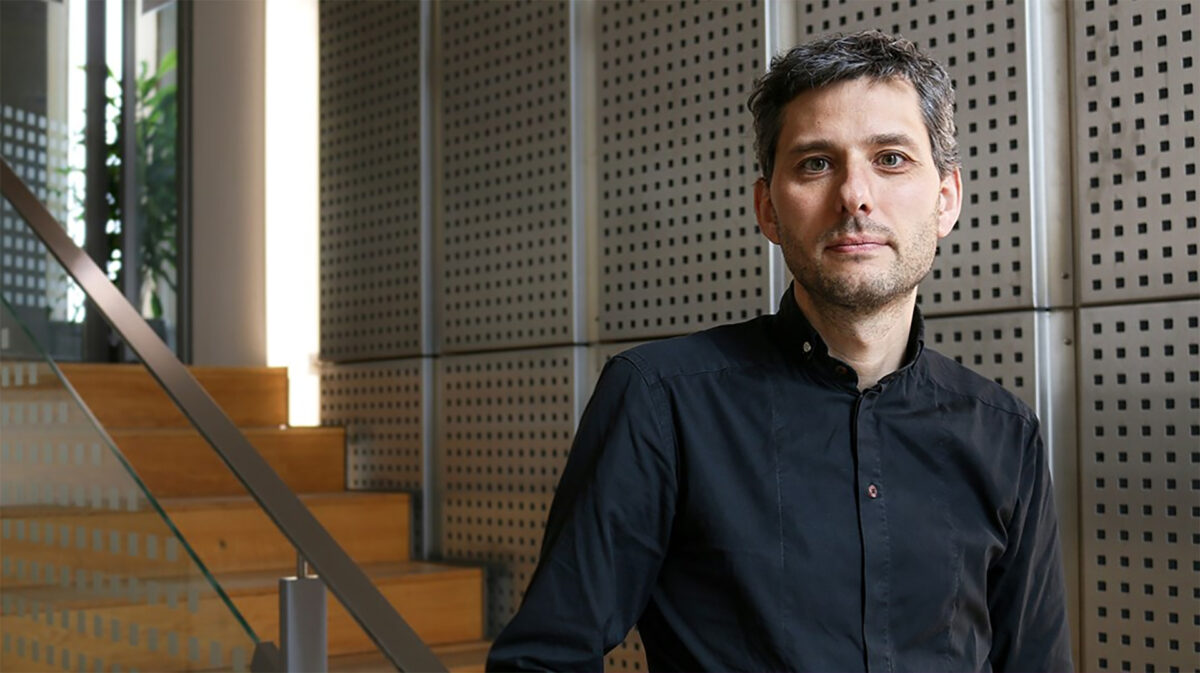Formålet med seminaret er at give deltagerne:
- et overblik over feltets muligheder og udviklingsområder, fagligt og anvendelsesrettet
- indsigt i de centrale forskningsmæssige arbejdsområder
- indsigt i hvilke use cases, der er mest oplagte i forhold til kvantecomputing
- og indsigt og drøftelse af, hvad man reelt kan i dag med kvantecomputing.
Vi byder på faglige indlæg af høj kvalitet, der afdækker forskellige sider af muligheder og udfordringer. Derudover vil vi gennemføre workshops med det formål at dele viden mellem forskellige fagområder og at skabe nye relationer mellem dygtige forskere og virksomheder, der er interesseret i at samarbejde om at løse nogle af udfordringerne relateret til kvantecomputing.
Seminaret har relevans for både forskere i digitale teknologier og virksomheder, der enten arbejder med kvanteteknologi, digitale teknologier eller har interesse i samspillet mellem kvante (fysik) og computing (IT), samt andre organisationer, der er nysgerrige på nyere, digitale teknologier.
DAGENS PROGRAM
10.30: Velkomst v. Thomas Risgaard Hansen, direktør, DIREC
10.40: Kvantecomputer udvikling: En opdatering fra frontlinjerne v. Adjunkt Morten Kjærgaard, Niels Bohr Instituttet, KU
I dette oplæg vil Morten fortælle om frontlinjerne i udvikling af kvantecomputer hardware. Ved at erstatte transistorer i en klassisk computer med kvantemekaniske systemer kan man åbne for radikalt anderledes beregningsmetoder, og dermed løse visse problemer, som er praktisk talt umulige, selv på de gigantiske supercomputere, vi har i dag. En af de ledende hardwareplatforme til kvantecomputere er de såkaldte ’superledende kvantebits’, som er brugt af bl.a. Google og IBM. Morten vil fortælle om, hvor frontlinjeforskning lige nu ligger indenfor udvikling af denne platform, hvor langt vi er, hvad de største problemer er, samt fortælle om kvantefejlretning — et centralt element i fremtidige store kvantecomputere.
11:00: Kvantesoftware v. Professor Matthias Christandl, Institut for Matematiske Fag, KU
Hver eneste dag bruger vi computere, bærbare, tablets og mobiltelefoner. De består af den hardware, fx processorer, hukommelse og skærme, som vi holder i vores hånd, men de består også af software, som styrer dem, fx Windows, iOS, Word, Excel, Zoom eller Teams. Med kvantecomputeren bliver en helt ny type computer til virkelighed. Dens styrke ligger i, at den ikke – som en konventionel computer – bliver styret af bits, der kun kan være 0 eller 1. Kvantecomputeren bliver styret af kvantebits, som kan være 0 *og* 1 på samme tid. Det kræver selvfølgelig en ny type hardware: kvantehardware. Men det kræver også en ny type software, nemlig kvantesoftware, som kan udnytte kræfterne og fordelene som ligger i kvanteteknologien. I oplægget vil Matthias Christandl introducere kvanteversionen af den berømte Turing-maskine og diskutere kompleksitet af kvantealgoritmer. Christandl vil illustrere dette fascinerende forskningsfelt ved at logge på en kvantecomputer i USA og køre vores kvantesoftware “live” på denne kvantehardware.
11:20: Workshop: Hvad er de forsknings- og udviklingsmæssige udfordringer og muligheder, vi skal have løst, hvis vi skal kvantecomputeren til at fungere? Faciliteres af Ulrik Busk Hoff
12:00: Frokost og netværk
12:30: Ud af laboratoriet og ind i virksomhederne – kvantecomputere i den virkelige verden v. Professor Nikolaj Thomas Zinner, Institut for Fysik og Astronomi, AU, Kvantify
Udviklingen af kvantecomputere går stærkt i disse år efter at store kommercielle firmaer har kastet sig ind i kampen om at bygge det første stor-skala system til alment brug. Imidlertid vil det være meget specialiserede systemer vi forventer at se først, og det er afgørende at udvikle algoritmer og software, som har slutbrugere i forskellige industrielle sektorer for øje. Nicolai Zinner vil i dette oplæg drøfte nogle eksempler på problemstillinger, hvor kvantecomputeren vil have en fordel både den på korte og den lange bane.
12:55: Tilgængelige platforme samt hvad man kan med kvantecomputere i dag v. Partner Bent Dalager, Nordic Head of NewTech, KPMG
Bent Dalager holder oplæg om anvendelsen af kvantecomputing i praksis lige nu. Han giver nogle case-eksempler og tale om nogle af de quantum computing-platforme, som kan bruges (IBM, Microsoft, AWS).
13:20: Kort pause med forfriskninger
13:30: Kvantecomputeren i praksis – demonstration og afprøvning Faciliteret workshop med ph.d.-studerende Stig Elkjær Rasmussen, Institut for Fysisk og Astronomi, AU og ph.d.-studerende Vincent Steffan fra Institut for Matematiske Fag, KU
Deltagerne vil få vist, hvordan man tilgår og programmerer på en fungerende kvantecomputer. Der kræves ingen forudgående viden om kvantemekanik, dog forventes deltagerne at have kendskab til grundlæggende lineær algebra, og man bedes medbringe egen bærbar computer. Efter deltagelse på workshoppen får man førstehåndserfaring med at kode på en kvantecomputer.
14:00: Minipaneldebat: Anvendelser på kort og lang sigt, og hvad skal der til? Faciliteres af Ulrich Busk Hoff
Panel:
- Matthias Christandl, Professor, Institut for Matematiske Fag, KU
- Nikolaj Thomas Zinner, Professor, Institut for Fysik og Astronomi, AU, Kvantify
- Bent Dalager, Partner, Nordic Head of NewTech, KPMG
14:55: Afslutning Akademidirektør v. Lia Leffland, ATV
15:00-17.00: Netværk og forfriskninger


